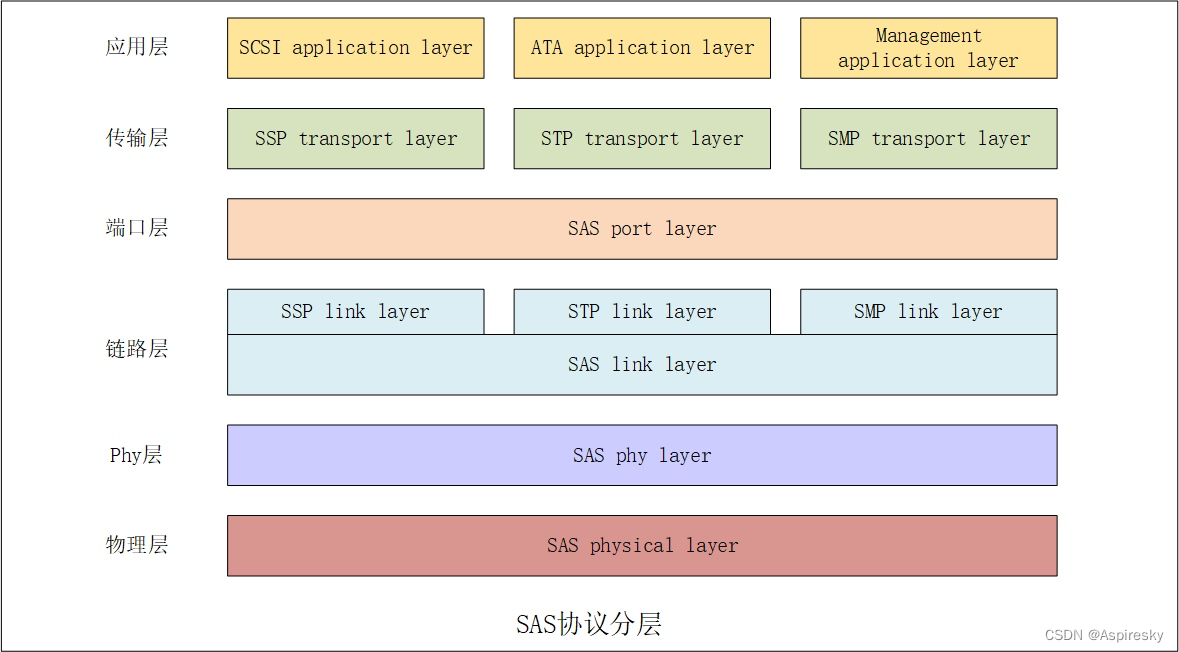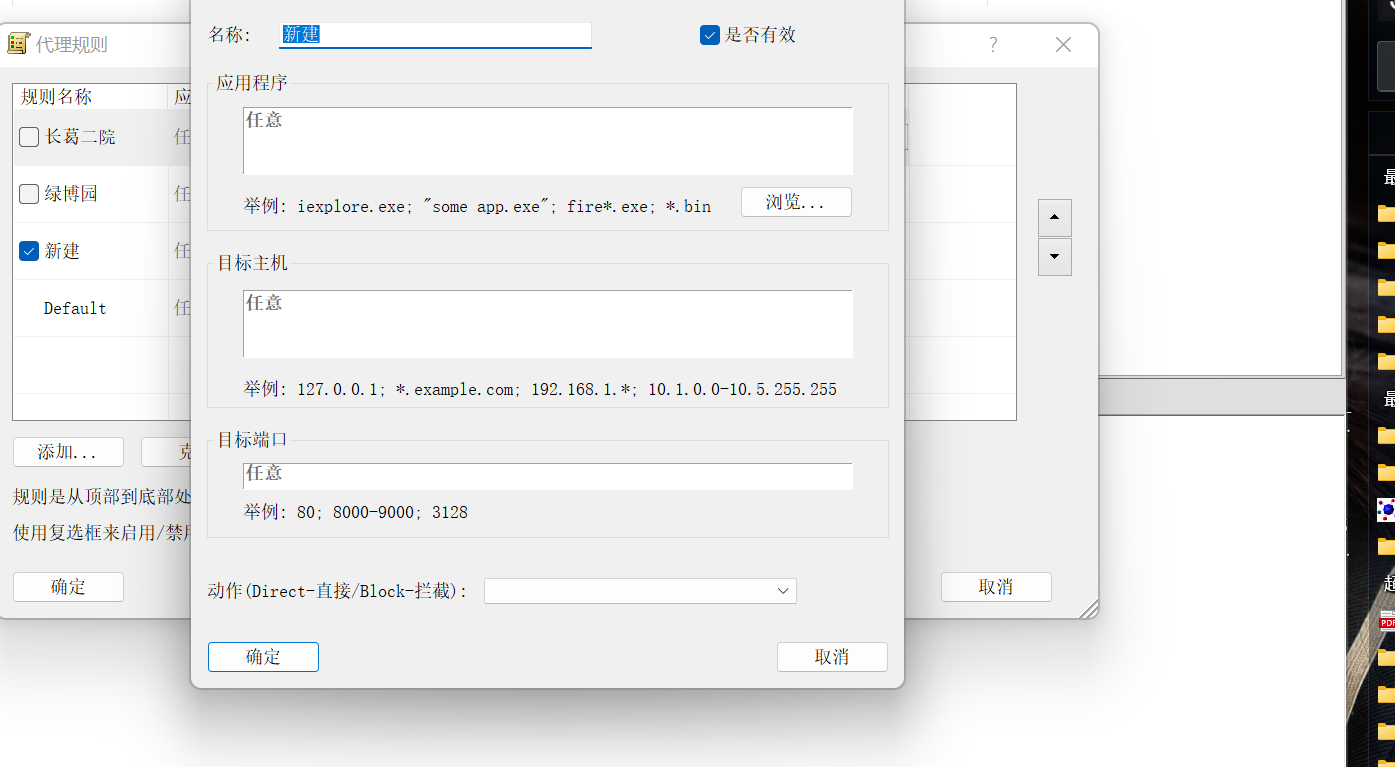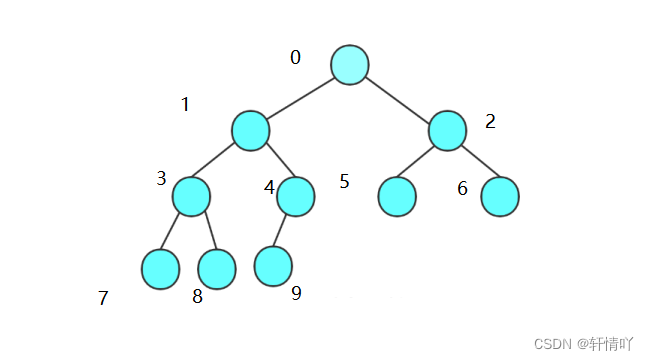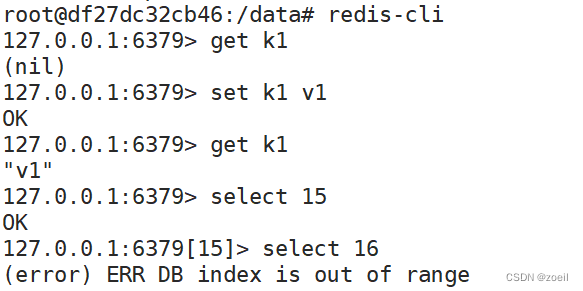1. 课前引语
1. 形容词使用场景
(1). 放在系动词后面作表语
The boy is handsome.
(2). 放在名词前面做定语
I like this beautiful girl.
(3). 放在宾语后面做补语
You make your father happy.
总结:形容词无论做什么,都离不开名词,
所以,形容词就是用来修饰名词的。
2. 副词使用场景
I really like her.
She is extremely beautiful.
She smiles especially sweetly.
Luckily,she likes me.
总结:副词无论做什么,都和名词无关。
所以,副词作状语,可以用来修饰动词、形容词、副词或整个句子。
2. 什么是状语
状语就是在一个句子中,用来修饰动词、形容词、副词或整个句子的成分,即除了名词其它的都可以修饰。
3. 什么可以做状语
1. 副词可以做状语。
I really like you.
2. 介词短语可以做状语。
I like running in the park.
3. 非谓语动词可以做状语。
To achieve my dream, taking the bag, I leave.
4. 从句可以做状语。
You will pass the examination if you study hard.
4. 状语的位置
状语在句子中应该怎么放?
I watch TV at home.
我在家看电视
还可以这样写:
At home, I watch TV.
I at home watch TV.
5. 状语的分类
1. 时间状语
I read books in the morning.
我在早上读书。
2. 地点状语
I like running in the park.
我喜欢在公园里跑步。
3. 原因状语
The teacher criticizes him for his late.
老师批评了他,因为他迟到了。
4. 结果状语
I am too tired to run.
我太累了跑不动了。
5. 目的状语
He works hard to lead a happy life.
他努力工作就是为了过上一个幸福的生活。
6. 条件状语
I can accomplish the task without you.
没有你我也可以完成这个任务。
7. 让步状语
Knowing the result, he did not give up.
即使他已经知道了结果,他还是没有放弃。
8. 方式状语
We go to school on foot.
我们步行去上学。
9. 比较状语
I am more beautiful than you.
我比你更漂亮。
10. 程度状语
I like cats very much.
我非常喜欢一支猫。
11. 方面状语
They are weak in physics.
他们在物理方面不太好。
12. 伴随状语
I go to school with two books.
我带着两本书去上学。
6. 状语翻译练习
1. 她非常不喜欢咖啡。
She doesn't like coffee at all .
2. 看着这个美丽的女孩,他们哭了。
Looking at this nice girl, they weep.
3. 老人们每天在公园里锻炼。
Senior citizens take exercise every day in the park.
4. 没有读这本书你没法理解这个道理。
You fail to comprehend this truth without reading this book.
7. 状语阅读练习
1. Mary went to work in spite of feeling ill.
迈瑞尽管生病了,但他还是去上班了。
注:in spite of = despite
2. Laughed at by everybody, he finally won the competition.
尽管每个人都嘲笑他,他最终还是赢得了比赛。
3. His father is too weak to carry this box.
他的爸爸太过虚弱无法搬动这个盒子。
4. I can see everything without my glasses.
没有我的眼镜我也能看见任何东西。
5. Jack went to France to study French.
杰克去法国学习法语。
6. The little girl said good-bye with tears in her eyes.
这个小女孩哭着说再见。






